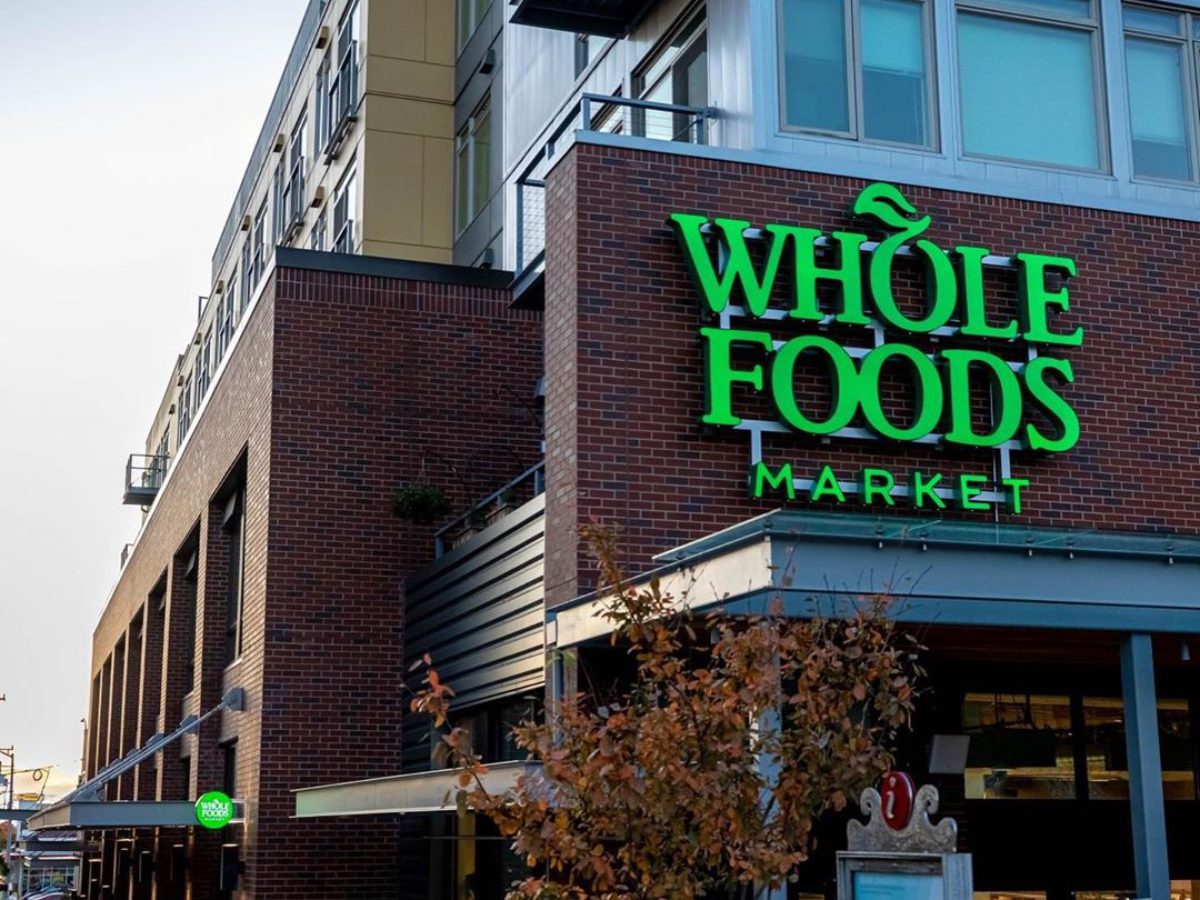
Whole Foods, an organic grocery chain owned by Amazon and its CEO Jeff Bezos, has reportedly been creating heat maps of their stores, ranking locations on the likelihood of their workers unionizing. While creative union busting is common in the corporate world, it is always wrong. Whole Foods’ actions are inexcusable and, as usual, low-income individuals will bear the weight of their moral lapses.
The heat map uses various criteria to label stores as high risk for forming unions. The most concerning of the criteria relates to income inequality. Stores that are in low-income areas, as well as areas with high levels of unemployment, are marked for higher risk of forming unions. Low-income individuals are those who would benefit most from membership in a union, a correlation that is easily made by the company so that they can shut down any union talk. This means that Whole Foods is actively working to ensure the wages and rights of low-income workers remain constrained. This is undeniably despicable.
Another major criteria of the heat map is employee satisfaction and customer complaints. Employees who are dissatisfied with their workplace may seek to increase the status of workers through the creation or joining of a union. Whole Foods is reportedly funneling “resources” to stores with low worker satisfaction, but no details have been revealed on what those resources may be.
Whole Foods’ statement on the story is also troubling. The company states that it stands with an “overwhelming majority” of its workers in believing a direct relationship with the company will be more successful at solving problems than forming a union. Unfortunately, it appears Whole Foods is trying to manufacture consent from its employees to not form a union, as no data or polling has been released that indicates Whole Foods workers are not interested in forming unions. It is hard to believe that a company investing in union tracking is not worried about their workers’ devotion.
Whole Foods also stated that workers who have issues with their workplace should speak directly to management, rather than seek help from a union. This is a clear attempt to remove employee leverage in talks with employers. When an employee enters their boss’ office to complain without the support of a union, they are acting alone. They have no leverage other than their own labor, which is easily replaced. They risk being fired, and it would be difficult for them to speak candidly. When an employee talks with their boss with a union behind them, they have much more leverage, as many other workers are willing to take measures against the company to have demands met. When massive amounts of labor are at risk of being withheld, production could be stalled, and the company will be much more willing to come to the table and make concessions to workers.
Unions make the lives of their workers materially better. Union workers have, on average, 27% higher wages than nonunion workers. Union workers are also much more likely to have quality healthcare and real pensions. It is ethically wrong to bust unions at all, but the fact that Whole Foods focuses on busting in low-income areas makes this underhanded tactic all the more egregious. Considering that Whole Foods’ parent company, Amazon, touted nearly $12 billion in profits last year, they could clearly afford to make the lives of their workers a little better, and would likely see increases in productivity as a result.
Whole Foods’ mapping of stores that are likely to form unions is obvious and despicable union busting and an exercise in corporate greed. The benefits workers see under unions due to greater bargaining power is far too valuable for Whole Foods to get away with this. They must be stopped. One can only hope this story breaking inspires Whole Foods workers to get together, stick it to their oppressive employer and form a union already.







